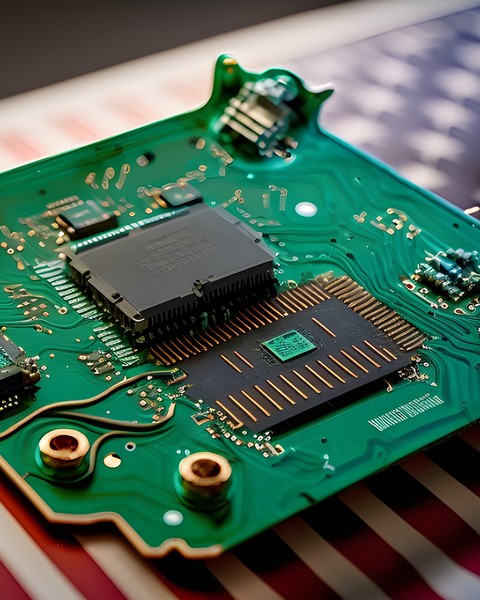February 28, 2023
When Liu He, a Chinese economist, politician, and “chip czar,” was tapped to lead the charge in a chipmaking arms race with the United States, his message lingered in the air, leaving behind a dewy glaze of tension: “For our country, technology is not just for growth… it is a matter of survival.”
Once upon a time, the United States’ early technological prowess positioned the nation to outpace foreign rivals and cultivate a competitive advantage for domestic businesses. Yet, 30 years later, America’s lead in advanced computing is continuing to wane. What happened?
A new report from an MIT researcher and two colleagues sheds light on the decline in U.S. leadership. The scientists looked at high-level measures to examine the shrinkage: overall capabilities, supercomputers, applied algorithms, and semiconductor manufacturing. Through their analysis, they found that not only has China closed the computing gap with the U.S., but nearly 80 percent of American leaders in the field believe that their Chinese competitors are improving capabilities faster — which, the team says, suggests a “broad threat to U.S. competitiveness.”
Complete article from MIT News.
Explore
MIT Engineers Advance Toward a Fault-tolerant Quantum Computer
Adam Zewe | MIT News
Researchers achieved a type of coupling between artificial atoms and photons that could enable readout and processing of quantum information in a few nanoseconds.
The Road to Gate-All-Around CMOS
Monday, April 14, 2025 | 10:00 AM to 11:00 AM
In-Person
Haus Room (36-428)
50 Vassar Street Cambridge, MA
2025 MIT AI Hardware Program Annual Symposium
Monday, March 31, 2025 | 10:00 AM - 3:30 PM ET
Multiple Speakers




